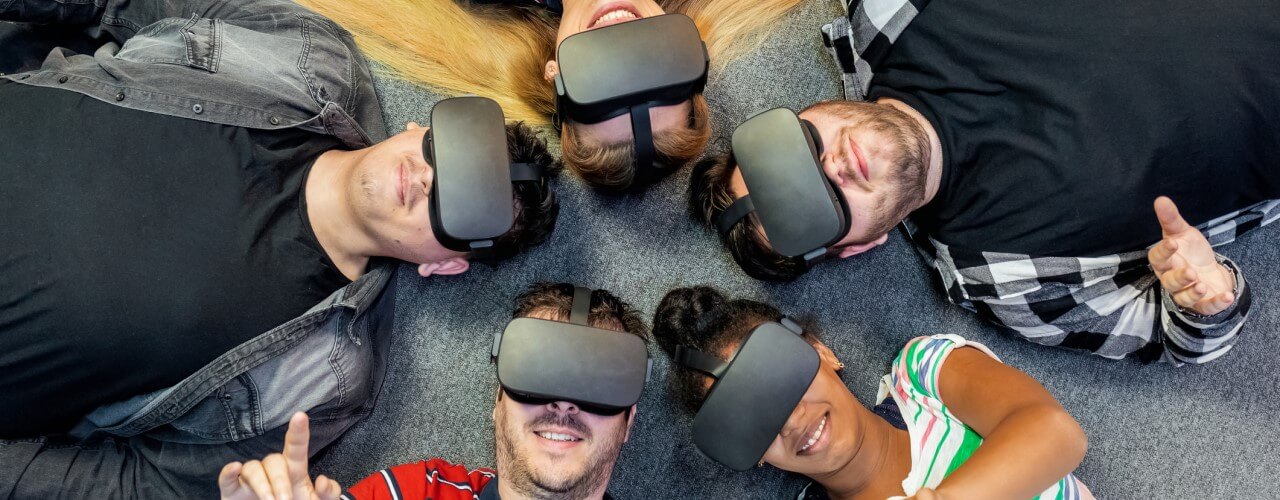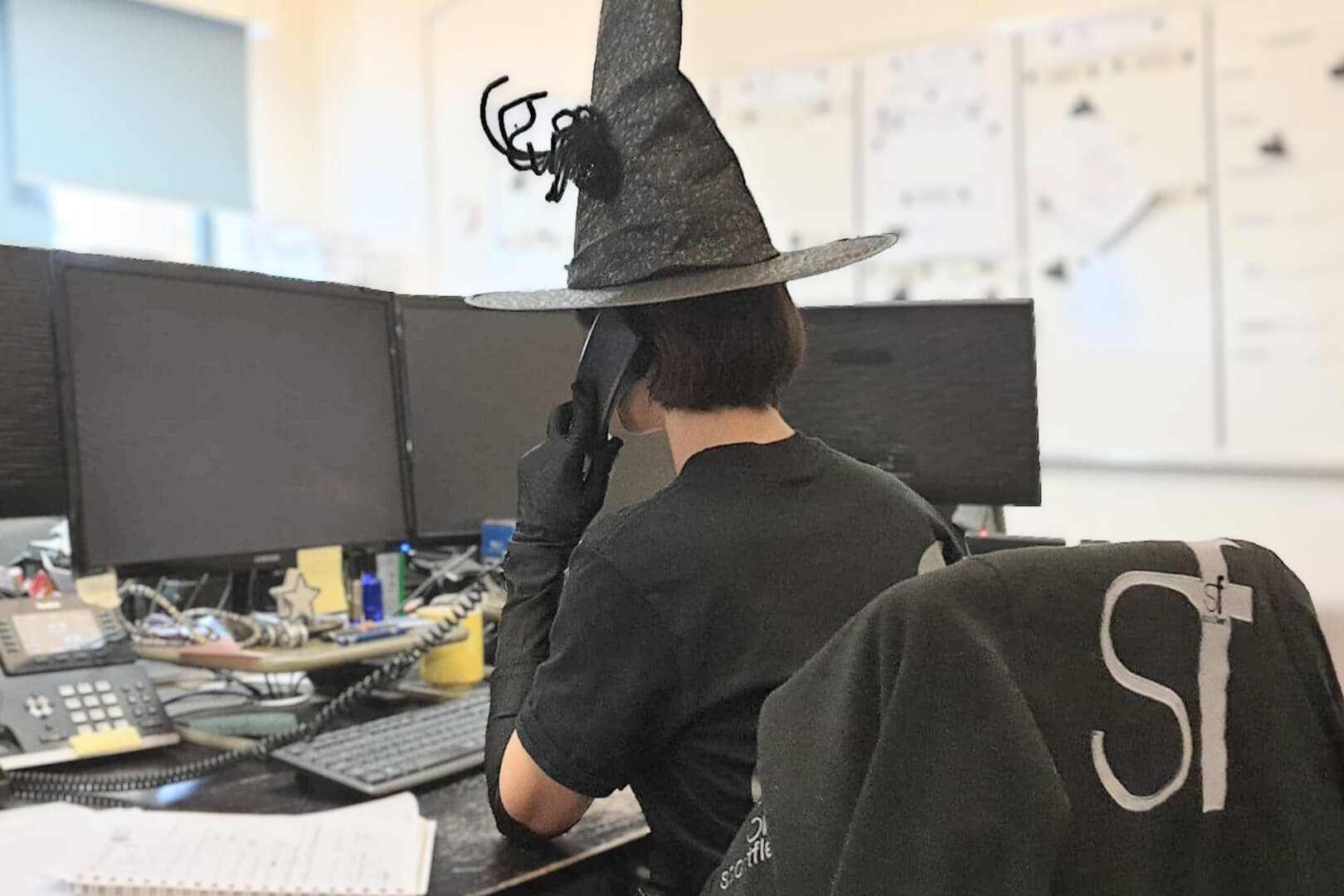The Metaverse is changing the TV, Theatre and gaming industries and here’s how…
The Metaverse is changing the TV, Theatre and gaming industries and here’s how…
The Metaverse has definitely been generating a lot of conversation in terms of the way the TV, theatre and gaming industries operate now – and are likely to in the future. It’s obvious that collaboration is going to be a key component in the way that the entertainment sector is able to grasp the changes being introduced by the Metaverse. But what does that actually mean in practice?
The Metaverse is the next evolution
If you’re struggling to put the Metaverse into some kind of context then it can help to view it as an entertainment evolution. First, we had print, followed by radio, TV and now the Metaverse is here. Metaverse technology is the next level of entertainment and it’s already being integrated by early adopters. For example, in the film industry, Metaverse technology is being used by VX producers and software developers like Unreal Engine to help create a whole new generation of 3D assets. It is essentially enabling a blurring of the boundaries between gaming, TV and film, with much more immersive and memorable results for consumers.
A mix of talents of all types
The use of Metaverse technology requires a whole range of different talents to come together on the same team. Clearly, technologists are a very necessary part of this but so, too, are those who have talents in storytelling and people who have clear insights when it comes to audiences. There will obviously be growing pains in terms of bringing together all these different elements and finding ways to work effectively together. However, the end result of combining all these different talents is engaging outcomes that audiences are more than willing to invest their time and money into.
Theatre and the Metaverse
Given the growth in immersive theatre experiences in recent years it might be no surprise to learn that many people feel like the Metaverse is a natural evolution for the theatre. Those who work in theatre are already used to immersive environments, and the idea that every audience member has their own view of the performance, and so much of the tech that comes with the Metaverse is viewed as more of an opportunity than a challenge. Pioneers such as Storytelling Studios at the National Theatre have already begun looking into how to integrate the Metaverse more, whether that looks like a digital version of the Southbank building or something else. And let’s not forget the new monetisation opportunities that the Metaverse creates for many traditional channels, such as tickets and memberships.
What about TV?
Any long-term TV strategy today necessarily integrates the Metaverse as a way to ensure engagement with young people. It’s not just a gimmick or a blip but part of a much more concrete long-term plan.
Like installations and immersive experiences, the Metaverse has plenty of detractors at this embryonic stage. However, it’s going to be a game-changer for the TV theatre and gaming industries in both the short and long term.
Still Have Questions?
Our friendly team is here to help you out.

